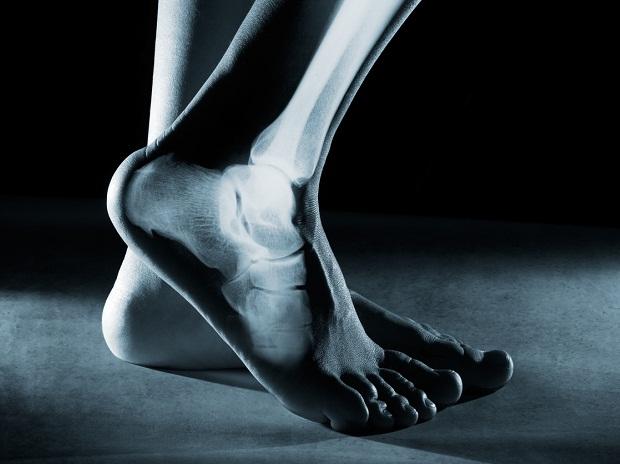The only difference is that in the case of the new technology Qure.ai is using, the artificial neuro network will be exposed to millions of cases instead of thousands. But can one trust a diagnosis made with the help of machines or AI? Human beings would typically trust another human being over a machine. But Warrier says that that is part and parcel of the diagnosis – human or artificial. Eighty-million chest X-rays happen in India every year, with radiology error rates for chest X-rays at 20–23 per cent. In fact, 19 per cent of lung nodules are missed! So even now if one goes to a trained radiologist, there are chances he can read or make a mistake in the diagnosis. But since the software runs through “millions” of scans instead of thousands as a human might, chances of an error are, in fact, lower. So chances of an error are, if anything, minimised. Secondly, as of now, Qure.ai is not producing a final report but developing a report that is ready for further analysis by a radiologist. “At locations across the country where radiologists are not available, this report can be the one that is physically available. It could go wrong but something is better than nothing,” argues Warrier. In cases where physicians disagree – often happens in cases like interstitial lung disease — the report produced through AI is “consistent and reproducible” and can be relied upon to arrive at a final conclusion. In India, Qure.ai has no competitors, but globally Zebra Medical Vision is the nearest competitor. The software has been adopted and deployed in five centres in Mumbai, Delhi, and Bengaluru. The company is also working with public health programmes in some countries. TB Reach has used it for processing TB cases (chest X-rays) from Nepal and Cameroon. Its solutions are being marketed in North America through its partners EnvoyAI (TeraRecon). According to Warrier, the global sales team of their parent company, Fractal Analytics, is helping them to reach out to health care providers and possible customers in the US and Europe. It may be early days yet, but if the technology and product prove as good as they claim, the benefits for patients will be felt for a long time to come.

Can you trust a diagnosis made with the help of Artificial Intelligence?
Read more